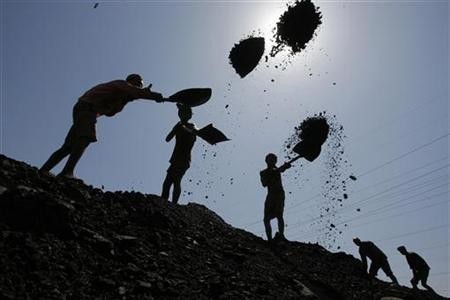
India and Australia are joining hands to develop a solution to address the fuel shortage in both nations. The countries formed a collaboration last week to find an alternative to liquid transport fuel supplies and reduce dependency on imports, stated a news release from Commonwealth Scientific and Industrial Research Organisation, Australia (CSIRO).
The three-year project will focus on improving processes involved in the production of Dimethyl Ether (DME), a fuel produced from natural gas, coal, biomass, or carbon dioxide.
The collaboration comes in a time when liquid transport fuel supplies are declining and transport needs are growing. This research partnership between Australia and India could provide a solution to a number of energy concerns and ultimately reduce the reliance of both countries on imported fuels, according to the news release.
"There are over half a million vehicles currently using liquefied petroleum gas (LPG) in Australia; all of which could be powered using DME. The fact that DME can be used as a blend in existing LPG engines makes it an effective transitional fuel," said Nick Burke, Research Group Leader, CSIRO in the release.
Australia's heavy reliance on diesel could also be lessened with the added possibility of DME being able to replace diesel in the future, he added.
In the Indian context, the consortium leader from India, MO Garg said, "In India, LPG is currently used for cooking in more than 33 million homes and the demand is increasing with imports rising rapidly. Hence the domestic production will be unable to meet the demand in India."
In addition to CSIRO and the Indian Institute of Petroleum (CSIR-IIP), the project has members from Indian Institute of Technology, Bharat Petroleum Corporation Limited, Centre of Advanced Materials and Industrial Chemistry at Royal Melbourne Institute of Technology (RMIT) and University of Melbourne on board.
DME is said to be environmentally sustainable as it produces less emissions than the conventional fuel, thus reducing pollution. "More efficient processing of gas into transportable fuels at remote locations would make Australia and India's remote gas reserves more economically viable," said Suresh Bhargava, Professor at Royal Melbourne Institute of Technology (RMIT).
The research will also assist in the development of small plants that may be suitable in remote and rural areas, the release said.
The project is jointly funded by the Australian and Indian governments, through the Australia-India Strategic Research Fund.








